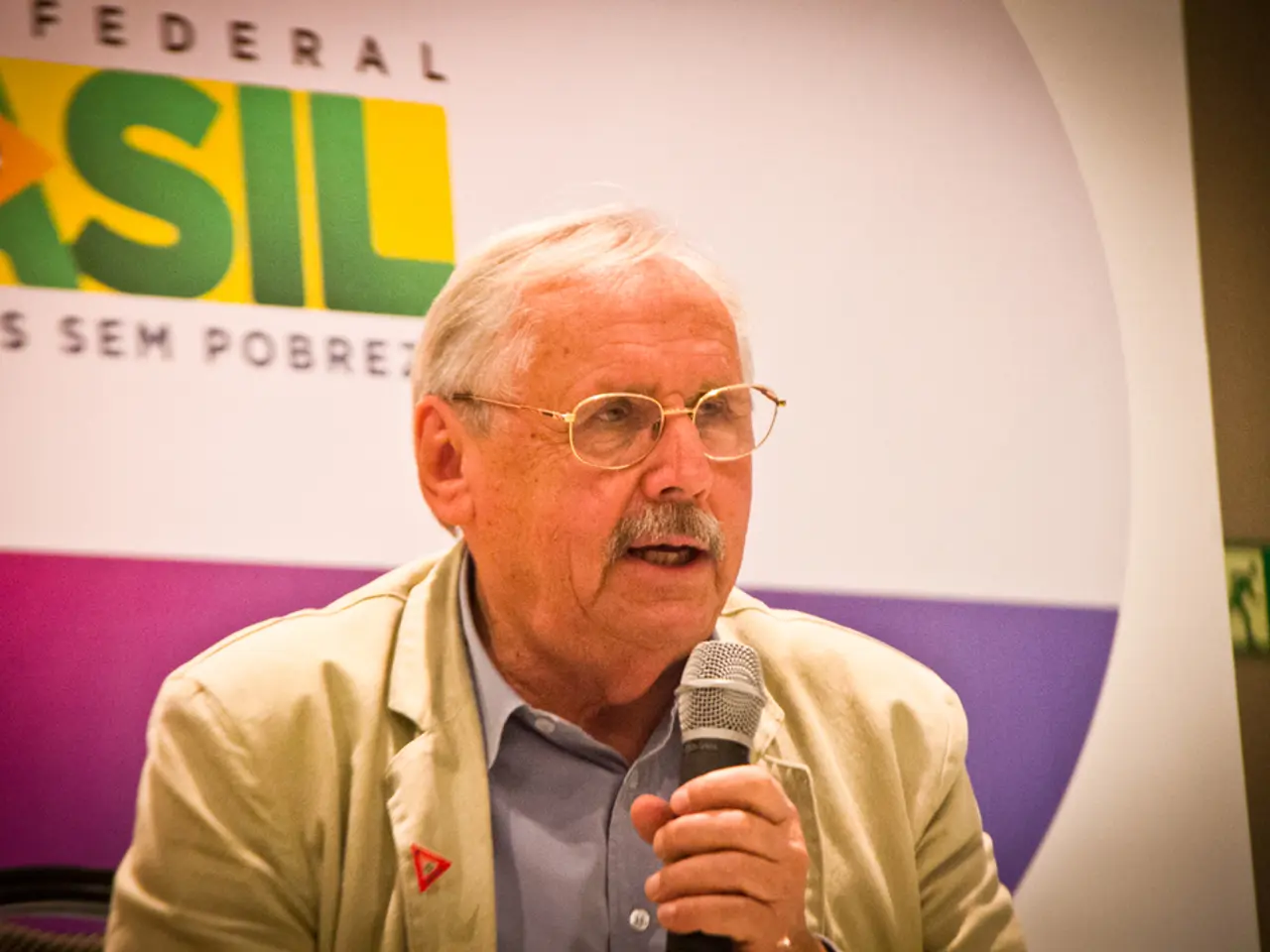Delegates convene in Geneva for crucial negotiations on a potential accord addressing ocean plastic contamination
World Awaits Landmark Global Plastics Treaty as Negotiations Reach Final Phase
The world is holding its breath as negotiators from over 145 countries gather in Geneva from August 5 to 14, 2025, at the INC-5.2 conference. The aim is to finalize and agree on the Global Plastics Treaty, a legally binding agreement that addresses the full lifecycle of plastics, from production to disposal, with the goal of ending plastic pollution worldwide.
The treaty negotiation process began with a 2022 UN Environment Assembly resolution, which tasked the International Negotiating Committee (INC) to develop this binding agreement. Previous negotiation rounds, including one at the end of 2024, failed to conclude a deal, partly due to lobbying from fossil fuel and major plastic-producing interests.
The Geneva 2025 meeting is considered the final critical round to agree on the treaty text, with hopes high but challenges remaining. The treaty aims to curb the forecasted rise in plastic production and pollution, tackling issues such as the low recycling and high waste rates (only 9% plastic is recycled globally).
The European Union is actively pushing for a strong, comprehensive treaty including phasing out problematic plastics and managing plastic waste sustainably. The success of the negotiations would lead to a historic legally binding mechanism to reduce the 12 billion tonnes of plastic pollution entering oceans annually and the projected increase in plastic waste to 1.7 billion metric tons by 2060.
However, the negotiations' success is far from guaranteed, according to Ecuadorian diplomat Luis Vallejo Valdivieso, who is chairing the discussions. Industry representatives, including the American Chemical Industry Council, argue that plastics are essential to public health, citing their use in sterile medical tools and food safety packaging.
On the other hand, Greenpeace and other NGOs reject this defense, calling for a reduction in plastic production. A new report published in The Lancet warns that plastic pollution is a "serious, growing, and underestimated health risk," particularly affecting children in vulnerable regions.
UN Environment Program (UNEP) Executive Director Inger Andersen is spearheading the process. She remains hopeful that a deal will be reached. However, the next ten days in Geneva may determine whether the world gets a meaningful, enforceable treaty or slips further into a plastic pollution crisis.
An iconic art installation, The Thinker's Burden, was unveiled outside the UN headquarters to emphasize the urgency of plastic pollution. The installation depicts Rodin's iconic statue partially submerged in plastic waste, symbolizing humanity's entrapment in the consequences of its own consumerism.
Robert Chikwanini, an NGO leader from the Democratic Republic of Congo, has stated that plastic pollution in rivers and lakes is causing diseases, especially among children. Philip Landrigan, a U.S.-based physician and lead researcher, has emphasized the widespread contamination of water sources by microplastics.
Seema Prabhu from Trash Hero World proposes a shift toward jobs in recycling, waste collection, and reuse as an alternative to petrochemical dependency in Southeast Asia. The treaty, if successful, could pave the way for a more sustainable future, creating jobs and reducing the health risks associated with plastic pollution.
The world watches with bated breath as the negotiations unfold, hoping for a meaningful agreement that will curb plastic pollution and protect our planet for future generations.
References:
[1] BBC News. (2025, August 5). Global Plastics Treaty: Nations gather for final round of talks. Retrieved from https://www.bbc.com/news/science-environment-56676582
[2] United Nations. (2022, March 2). United Nations Environment Assembly adopts resolution on plastic pollution. Retrieved from https://www.un.org/press/en/2022/eaeb123.doc.htm
[3] European Commission. (2025, July 21). European Commission calls for ambitious global plastics agreement. Retrieved from https://ec.europa.eu/commission/presscorner/detail/en/IP_25_3009
[4] The Lancet. (2025, June 1). Plastic pollution: a serious, growing, and underestimated health risk. Retrieved from https://www.thelancet.com/journals/lancet/article/PIIS0140-6736(25)01179-7/fulltext
[5] Greenpeace International. (2025, August 3). Greenpeace calls for strong global plastics treaty as negotiations enter final phase. Retrieved from https://www.greenpeace.org/international/press-releases/greenpeace-calls-for-strong-global-plastics-treaty-as-negotiations-enter-final-phase/
The Global Plastics Treaty, a significant piece of environmental-science legislation aimed at addressing climate-change issues related to plastic pollution, is being negotiated by over 145 countries in Geneva. The treaty, if successful, could lead to a decrease in plastic production and waste, furthering discussions on policy-and-legislation related to the environment. The treaty's success, however, is uncertain, as discussions are influenced by both industry interests and environmental advocacy groups. As the world awaits the final decision, general-news outlets are closely monitoring the negotiations, highlighting the importance of this agreement for the health of future generations.







